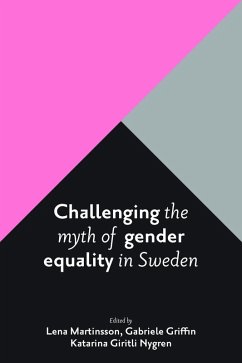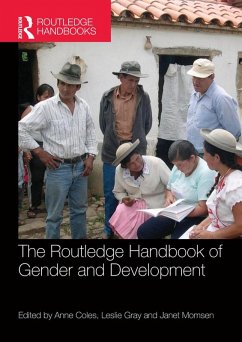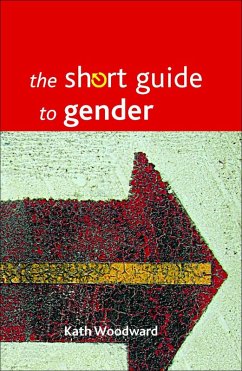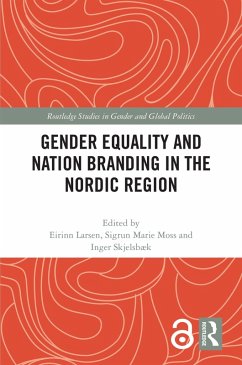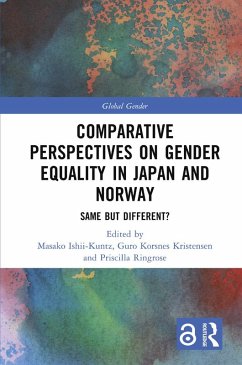
Gender Equality in the Welfare State? (eBook, ePUB)
Versandkostenfrei!
Sofort per Download lieferbar
28,95 €
inkl. MwSt.
Weitere Ausgaben:

PAYBACK Punkte
14 °P sammeln!
The relationship between gender and welfare states is of key importance in understanding welfare states and gender equality and inequality. Western welfare states of the post-war era were built on assumptions about gender difference: they treated men as breadwinners and women as carers. Now governments are committed in principle to gender equality. But how far have they come from male breadwinner assumptions to gender equality assumptions? How much do gender differences continue in UK social policy and social practice? The book analyses the male breadwinner model in terms of power, employment,...
The relationship between gender and welfare states is of key importance in understanding welfare states and gender equality and inequality. Western welfare states of the post-war era were built on assumptions about gender difference: they treated men as breadwinners and women as carers. Now governments are committed in principle to gender equality. But how far have they come from male breadwinner assumptions to gender equality assumptions? How much do gender differences continue in UK social policy and social practice?
The book analyses the male breadwinner model in terms of power, employment, care, time and income, providing a framework for chapters which ask about policies and practices for gender equality in each of these. This new approach to analysis of gender equality in social welfare contextualises national policies and debates within comparative theoretical analysis and data, making the volume interesting to a wide audience.
The book analyses the male breadwinner model in terms of power, employment, care, time and income, providing a framework for chapters which ask about policies and practices for gender equality in each of these. This new approach to analysis of gender equality in social welfare contextualises national policies and debates within comparative theoretical analysis and data, making the volume interesting to a wide audience.
Dieser Download kann aus rechtlichen Gründen nur mit Rechnungsadresse in A, D ausgeliefert werden.




